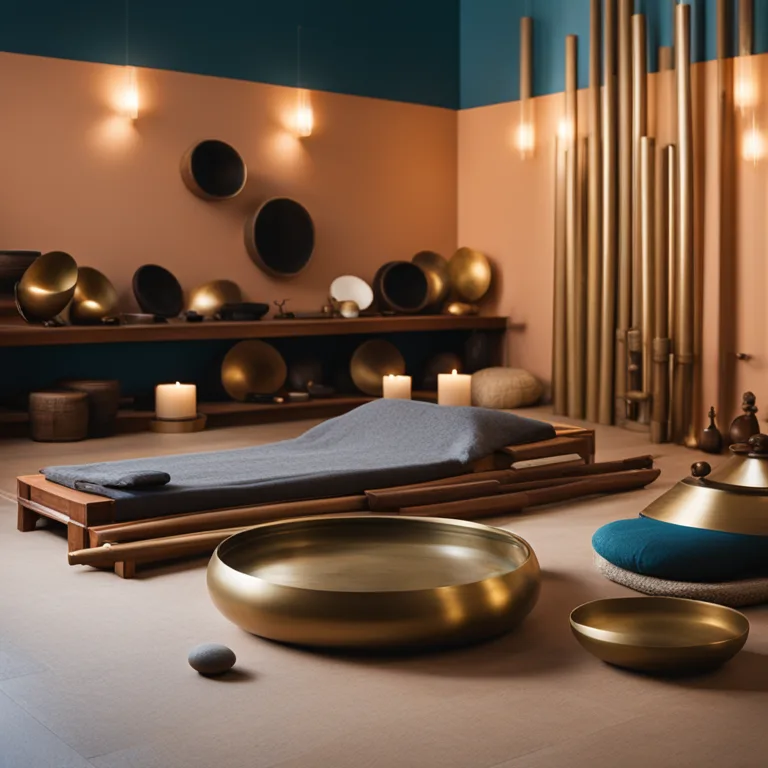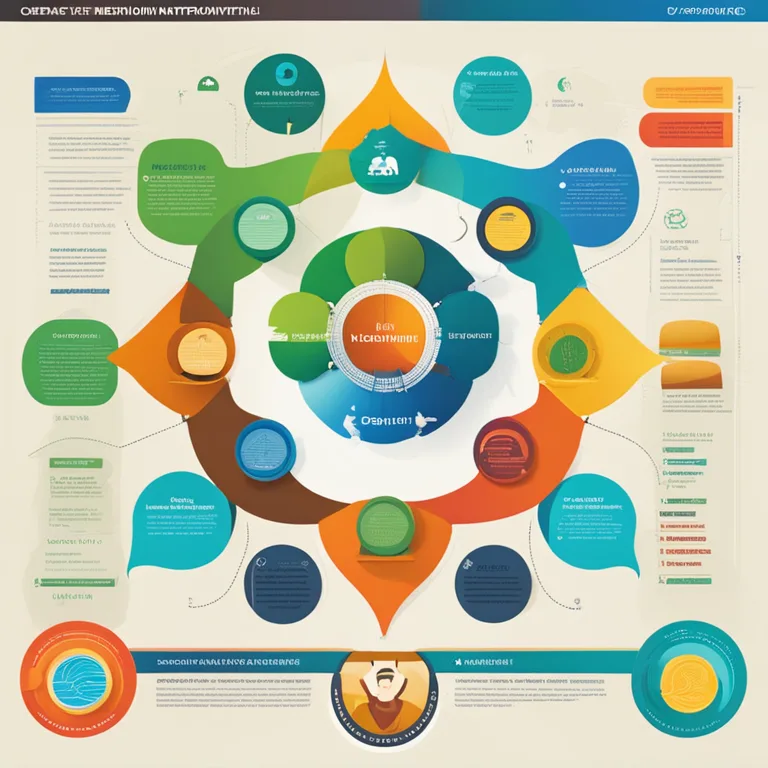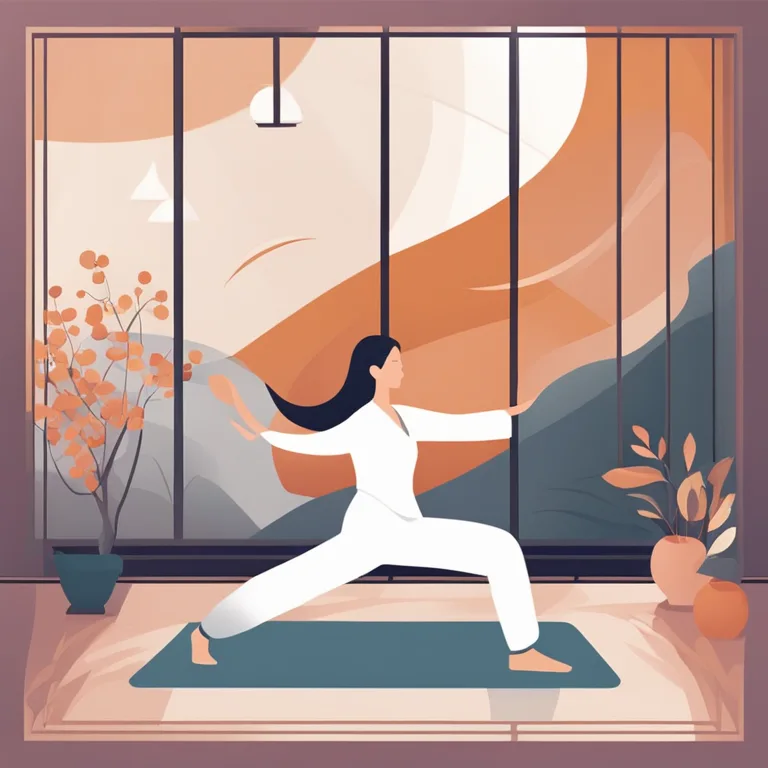
Meditative Practices Beyond the Ordinary
Discover unconventional meditation techniques that go beyond traditional mindfulness practices, offering unique pathways to inner peace.
article by Hina Kurosawa
Introducing Alternative Meditation
Meditation today is not just about sitting silently with your eyes closed. In our fast-paced modern world, alternative meditation techniques have arisen to appeal to diverse lifestyles and preferences. These modalities can offer fresh perspectives on introspection and mindfulness that some find more accessible or engaging than conventional methods. Let's delve into several unusual meditation techniques that might intrigue the seeker within you.

Visualization Journeys
One approach that diverges from the typical breath-focused practice is known as Guided Visualization Meditation. Participants are led through a sequence of vivid imaginative scenarios, each designed to evoke certain emotions or energies. These journeys can range from wandering through ancient forests to visualizing oneself as a particle of light traversing the cosmos. Such powerful imagery not only stimulates the senses but also opens the mind to deeper levels of subconscious awareness.

Aural Immersion
Sound Bath Meditation utilizes the resonant frequencies of instruments like singing bowls, gongs, and tuning forks to create an immersive auditory experience. As these sounds envelop the room, they are said to align the body's own vibrational energies, inducing a state of profound relaxation and healing. Participants often report a sensation of being 'washed' by the sound, hence the term 'sound bath'.

Meditative Movement
Another unexpected way to meditate is through movement. Techniques such as Tai Chi, Qigong, and certain forms of yoga are considered moving meditations because they require focus on body positioning and flow, which brings about a meditative state. This merging of physical activity with focused intention can be particularly beneficial for those who find stillness challenging.

Gastronomy and Mindfulness
Meditative Eating, sometimes referred to as Mindful Eating, takes the act of dining and turns it into a contemplative practice. This involves slowly savoring each bite, being fully present with the flavors, textures, and aromas, and expressing gratitude for the nourishment provided. It’s a practice of tuning into the body’s hunger and satiety signals, making it both a mindfulness exercise and a way to foster a healthier relationship with food.
The Art of Expression
Creative Arts Meditation incorporates artistic expression as a gateway to mindfulness. Whether it's painting, sculpting, or playing music, engaging in creative activities can help focus the mind and allow it to enter a meditative state. These practices are not about crafting a masterpiece, but rather about enjoying the process and allowing for a release of inner emotions and thoughts through artistic forms of expression.
Eclectic Spaces for Serenity
Finally, many practitioners are cultivating unique environments to enhance their meditation experience. This might include meditation domes, which are designed to shut out external noise and distractions, or garden labyrinths used for walking meditations. These settings can help people to connect more deeply with their surroundings and can be particularly conducive to achieving a meditative state for those who feel confined by indoor spaces.
Published: 1/8/2024
Modified: 1/8/2024
More predictions
Come back here soon to learn more about yourself and your future


Meditation Techniques: A Handbook
Discover the breadth of meditation methods to enhance your wellness journey.


Jain Meditation Techniques for Inner Peace
Discover the serenity and spiritual depth of Jain meditation practices in a comprehensive article tailored for modern seekers.


Meditation Techniques to Soothe OCD
Discover meditation practices designed to help manage OCD symptoms through mindful awareness and relaxation.